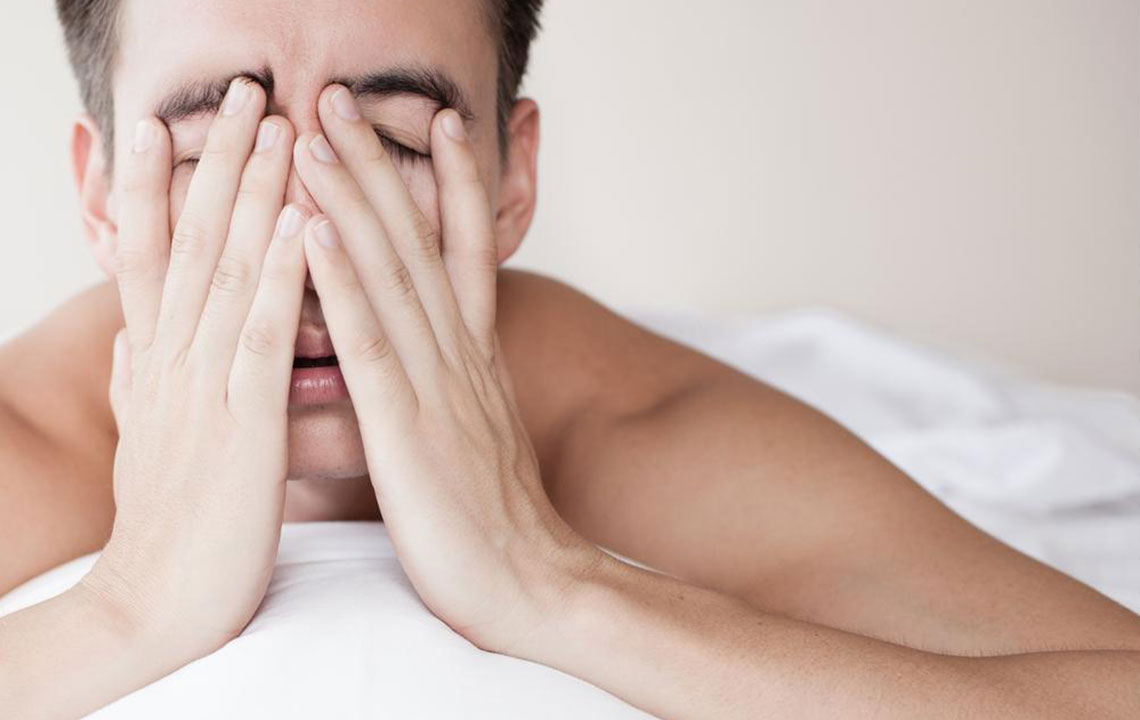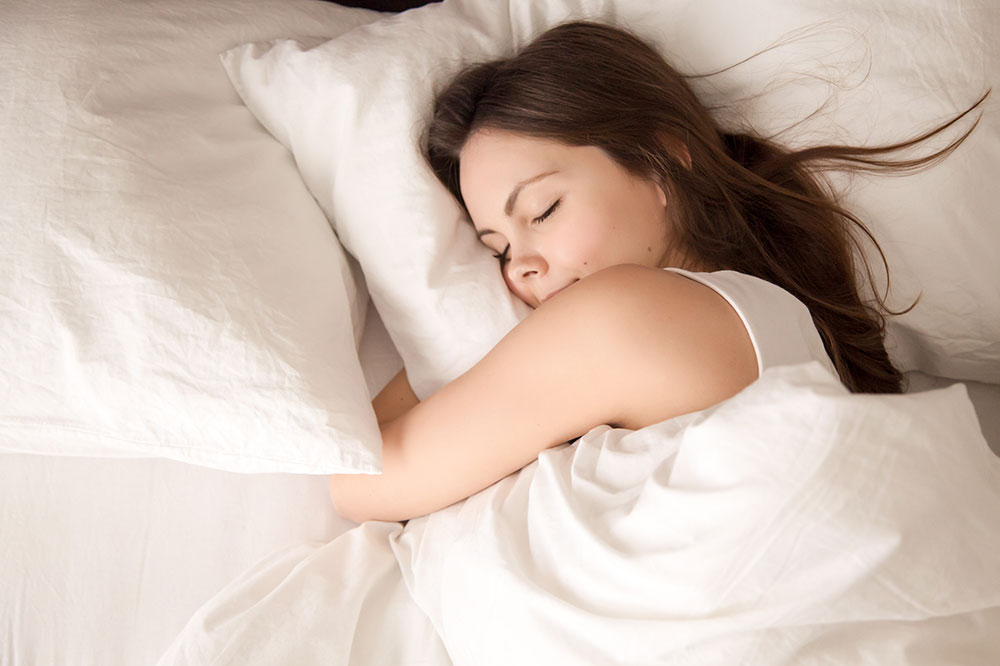Effective Nighttime Habits to Improve Your Sleep Quality
Discover effective nighttime habits to enhance sleep quality. Learn about activities to avoid before bed, from screen exposure to late-night snacking, and how to create a sleep-friendly environment. Implementing these tips with premium bedding can lead to more restful, restorative sleep and improved overall health.

Effective Nighttime Habits to Improve Your Sleep Quality
Achieving restful and uninterrupted sleep is essential for maintaining good health, mental clarity, and overall well-being. However, more than 30% of people struggle with sleep issues, often rooted in daily habits and lifestyle choices. Frequently, individuals overlook how their pre-bedtime routines and behaviors can significantly influence sleep quality. Making targeted adjustments to these habits can dramatically enhance sleep cycles, leading to more restorative rest each night.
With the rising popularity of high-quality sleep accessories from brands like Tempur-Pedic and Saatva, many believe that a premium mattress alone guarantees better sleep. While a quality mattress is a vital component, it cannot compensate for poor nighttime habits. To truly improve sleep quality, it’s imperative to address behaviors that may hinder your ability to fall asleep and stay asleep throughout the night.
Here are comprehensive guidelines on habits and activities to avoid before bedtime, along with additional tips on creating an optimal sleep environment that promotes healthful rest.
Activities to Avoid for Better Sleep
Limit Screen Time and Blue Light Exposure
In the digital age, screens are nearly unavoidable in our daily lives. Smartphones, tablets, laptops, and television sets emit blue light, which suppresses the production of melatonin—the hormone responsible for regulating sleep-wake cycles. When melatonin levels drop, falling asleep becomes more difficult, and sleep quality diminishes. Although blue light filters and glasses can help mitigate this effect, they are not foolproof solutions.
To promote natural melatonin production, it is advisable to establish a screen-free wind-down period—at least 1 hour before bed. Instead of scrolling on your phone or watching TV, consider reading a physical book, practicing relaxation techniques like deep breathing or meditation, or listening to calming music. These activities signal your body that it’s time to unwind and prepare for sleep.
Avoid Caffeine and Stimulants
Consuming caffeine close to bedtime can significantly delay sleep onset and reduce overall sleep quality. Beverages like coffee, energy drinks, and even certain teas contain caffeine, which is a stimulant that can interfere with your ability to fall asleep. While dark chocolate is often considered healthy, it also contains small amounts of caffeine and should be consumed thoughtfully—preferably several hours before bedtime, ideally 4 to 6 hours prior.
Individuals particularly sensitive to caffeine should limit intake even earlier, potentially up to 12 hours before sleep to prevent disruptions. Opting for decaffeinated drinks or herbal teas in the evening can help maintain a calm and relaxed state conducive to restful sleep.
Avoid Heavy or Sugary Late-Night Snacks
Eating large, heavy, or sugary meals late at night is detrimental to sleep. Such foods can cause indigestion, acid reflux, or discomfort, making it difficult to fall asleep or stay asleep. Furthermore, high sugar intake close to bedtime can spike energy levels, which is counterproductive when trying to relax before sleep.
For optimal sleep hygiene, aim to finish eating at least 2–3 hours prior to bedtime. Light, easily digestible snacks—like yogurt or a banana—are better options if you're hungry before sleep. Proper digestion allows your body to focus on restorative rest instead of processing a heavy meal.
Control Fluid Intake in the Evening
Hydration is crucial for overall health, but excessive fluid intake just before sleep can lead to frequent bathroom trips during the night—disrupting your sleep cycle. To minimize nighttime awakenings, try to drink most of your fluids earlier in the evening, ideally about an hour before bed. Ensure your bladder is empty before you settle in for sleep, reducing the likelihood of waking up to use the restroom.
Choose Calming Activities Over Stimulating Ones
Engaging in stimulating activities like intense video games, watching action movies, or having heated discussions right before bed can elevate stress hormones such as cortisol, making it difficult to relax. Instead, opt for calming routines that promote mental and physical relaxation, such as gentle stretching, meditation, or listening to soothing sounds.
Creating a consistent pre-sleep routine that includes calming activities helps train your body and mind to transition smoothly into restful sleep. Additionally, maintaining a comfortable sleep environment—such as a cool, dark, and quiet room—can further enhance sleep quality.
Another critical aspect of good sleep hygiene involves investing in quality bedding. Brands like Slumber Cloud® offer a wide range of scientifically designed sleep products, including cooling sheets, breathable blankets, and supportive pillows. These products contribute to a comfortable sleep environment by managing temperature and moisture, thus reducing wakefulness caused by discomfort or overheating.





